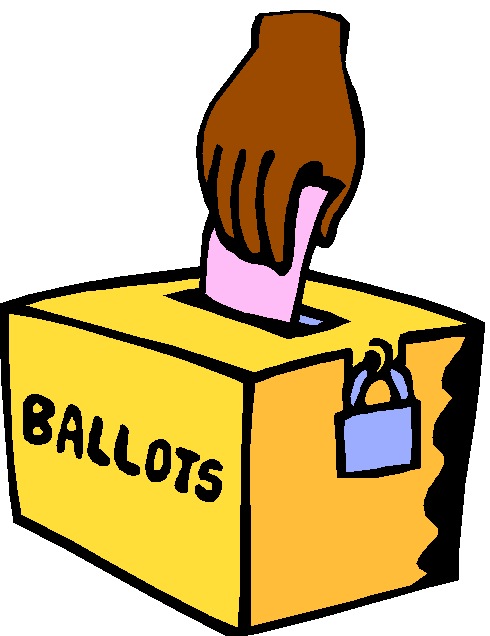In all other industrialized nations people who get sick get medical care without fear of the financial consequences of medical expenses. They may have to pay for insurance or they may pay in taxes, but no matter how poor a family is, its members health care is covered.
But not in the United States. In the recent oral arguments before the Supreme Court about the Obama health care reform conservative Justices argued that people should not be forced to buy insurance. Antonin Scalia insisted, “When they think they have a substantial risk of incurring high medical bills, they’ll buy insurance, like the rest of us.”
Recently the New York Times carried a story about a 32 year old woman who was seven and a half months pregnant with her first baby. She was perfectly healthy. She had no insurance, except for a California plan that covered pregnant women through birth and 60 days postpartum care. Then she was in a car accident. She became a quadriplegic. Her baby was born healthy. After 60 days she will have to rely on California’s version of Medicaid, Medi-Cal. Here’s how her sister-in-law describes what her and her husband’s life will be like under Medi-Cal.
…because my brother works, they are subject to cost-sharing: they pay the first $1,100 of her health costs each month. Paying $1,100 leaves them with a monthly income of just 133 percent of the federal poverty level. If my brother makes more money, their share of the cost increases.
They must also meet the Medi-Cal asset test: beyond their house and one vehicle, they can hold $3,150 in total assets, a limit last adjusted in 1989. They cannot save for retirement (retirement plans are not exempt from the asset test in California, as they are in some states). They cannot save for college (California is not among the states that have exempted 529 college savings plans from their asset tests). They cannot establish an emergency fund. Family members like me cannot give them financial help, at least not officially. If either of them receives an inheritance, it will go to Medi-Cal. Medi-Cal services that my sister-in-law uses after age 55 will be added to a tab that she will rack up over the rest of her life. When she and my brother die, the state will put a lien on their estate; their child may inherit nothing.
If you do have health insurance, you’re much better off. But according to a recent study 62% of all bankruptcies are due to medical debt and 80% of those who declared medical bankruptcy had health insurance.




